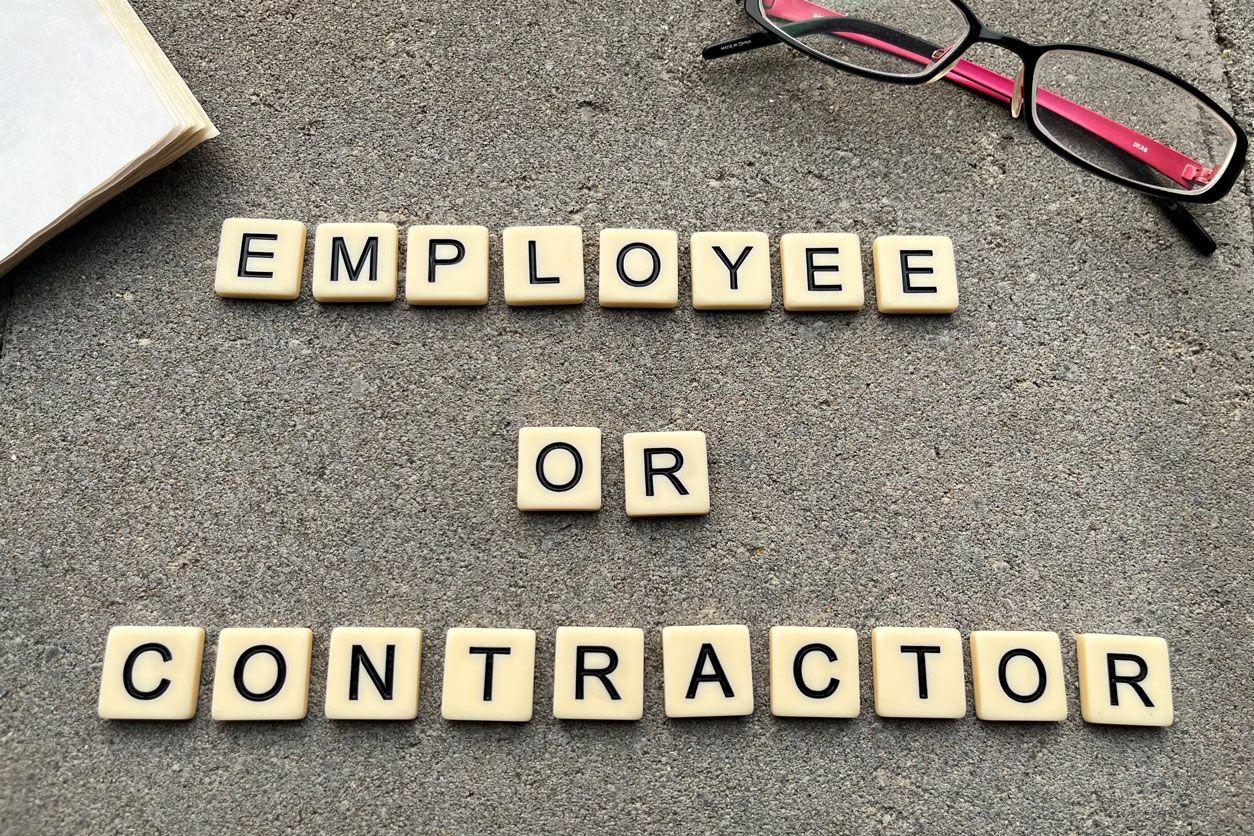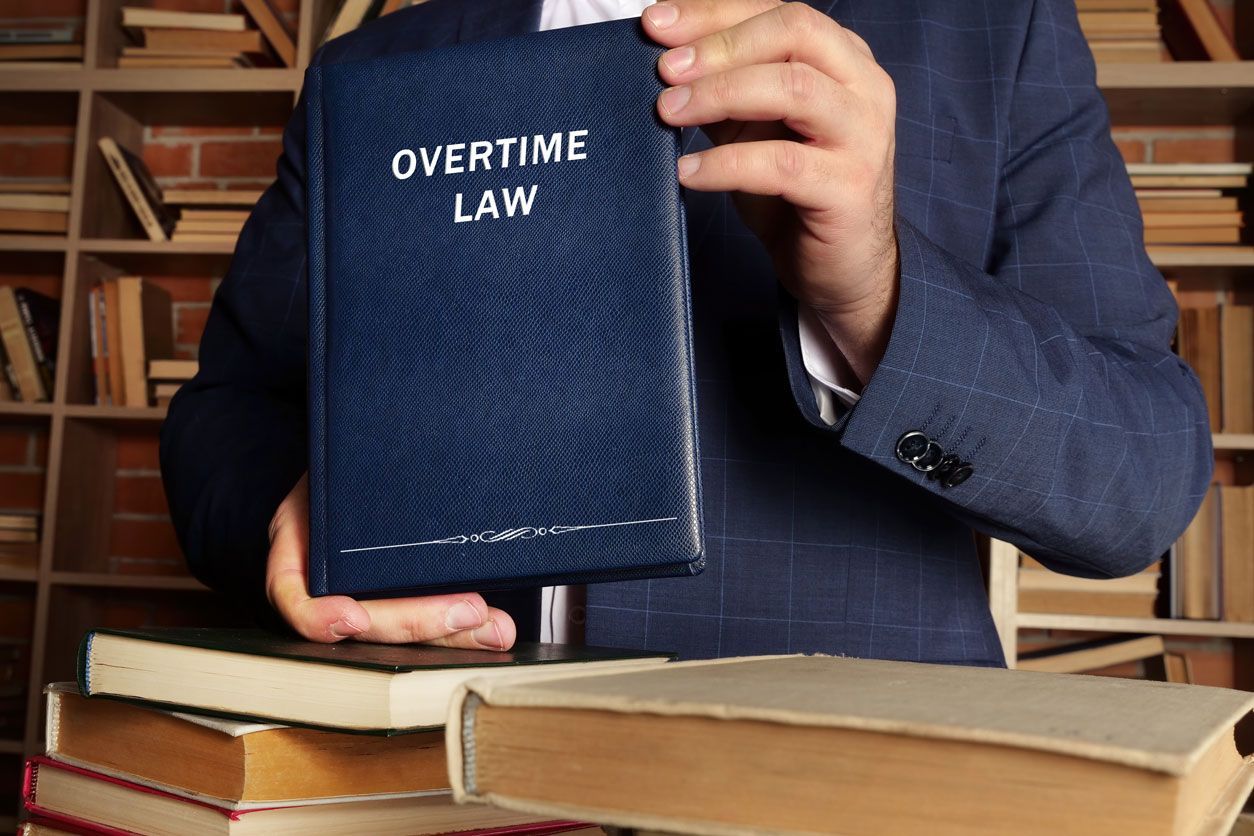What Is Considered FMLA Harassment Under California Law?

What Is FMLA Harassment and How Does California Protect You?
FMLA harassment occurs when an employer interferes with, discourages, or retaliates against an employee for taking leave under the Family and Medical Leave Act (FMLA). In California, workers are protected not only by the federal FMLA but also by the California Family Rights Act (CFRA), which provides similar, but sometimes broader, protections for employees needing leave for their own health, a family member’s health, or certain qualifying events.
This harassment can take many forms, from negative comments or threats to job security, to excessive check-ins during leave, or even disciplinary action for simply requesting or taking protected time off. California law makes it clear that employees cannot face retaliation for exercising these rights, and violations may be actionable under both federal and state law.
In short, if you take FMLA or CFRA leave and your employer responds with pressure, intimidation, or unfair treatment, you may be experiencing FMLA harassment. These situations can also overlap with other forms of workplace discrimination, such as gender, disability, or age bias, making it critical for California employees to understand both their federal and state protections.
Understanding the FMLA: A Quick Overview
The Family and Medical Leave Act is a federal law. It lets qualified workers take up to 12 weeks of unpaid leave. This leave is job-secured and can be used for medical or family reasons.
Such reasons may include serious personal illness, caring for a family member with a serious health condition, or bonding with a new child. Employees are entitled to return to the same or equivalent position after their leave.
To be eligible, an employee must:
- Work for a covered employer (usually one with 50 or more employees),
- Have worked at least 1,250 hours over the past 12 months, and
- Have been employed for at least 12 months.
Forms of FMLA Harassment
FMLA harassment can take many forms, but here are some of the most common examples:
1. Discouraging Leave Requests
If your manager questions your need for FMLA leave, pressures you to use sick days instead, or implies your job might be at risk if you take time off, that's harassment. Employees have a legal right to take FMLA leave without being made to feel guilty or afraid.
2. Retaliation After Leave
Returning to work after FMLA leave and being demoted, reassigned to undesirable tasks, or excluded from meetings could signal retaliation. Employers are not allowed to punish workers for exercising their FMLA rights.
3. Excessive Monitoring or Contact
Furthermore, employers should avoid unnecessary communication while an employee is on FMLA leave. Occasional check-ins for transitional purposes may be okay, but being asked to complete work, answer emails, or attend meetings during leave crosses a line.
4. Negative Comments or Hostile Attitudes
Supervisors or coworkers making rude comments like “Must be nice to get all that time off” or suggesting you’re “milking it” can create a hostile work environment. Repeated remarks or sarcasm about your leave can qualify as harassment.
Intersection with Disability and Gender Discrimination
FMLA issues often overlap with other forms of workplace discrimination. Here's how:
Disability Discrimination
If you take FMLA leave for a chronic condition or serious health issue, and then face negative consequences upon return, your employer may also be violating the Americans with Disabilities Act (ADA). For example, refusing reasonable accommodations or targeting you for termination could qualify as disability discrimination.
Gender Discrimination
Mothers or fathers using parental leave may be treated differently because of gender stereotypes. If an employer favors male employees who don’t take time off or punishes female employees for exercising leave rights, that may involve both FMLA and gender discrimination.
Legal Protections and What to Do
The FMLA prohibits:
- Interference with FMLA leave
- Denial of leave when eligible
- Retaliation for requesting or using leave
If any of these occur, you may have a claim against your employer. A record of emails, performance reviews, or HR conversations can help if you decide to take legal action.
When to Contact an FMLA Lawyer
If you believe you're experiencing FMLA harassment or retaliation, speaking with an experienced FMLA lawyer can help you understand your rights and options. These attorneys can assist with filing a complaint with the U.S. Department of Labor or pursuing a civil case if needed.
Real-World Examples of FMLA Harassment
- A nurse was placed on night shifts upon returning from medical leave, even though she had always worked day shifts and requested the same schedule.
- An employee was called multiple times a week by their manager while on leave, asked to provide updates, and pressured to return early.
- A new mother returning from maternity leave was given a poor performance review despite no prior issues, and later passed over for promotion.
Each of these scenarios could represent FMLA harassment or retaliation, especially if the employee’s leave was a factor in the employer’s actions.
You Are Protected from FMLA Harassment
FMLA harassment is a serious violation of federal law. It includes interference, discouragement, or retaliation related to legally protected leave. If you're treated unfairly for taking FMLA leave, document everything and consider speaking with an employment lawyer to protect your rights.
Note: The above article does not constitute legal advice.
Frequently Asked Questions
1. What counts as FMLA harassment in California?
FMLA harassment occurs when an employer interferes with, discourages, or retaliates against an employee for taking or requesting leave under the FMLA. This can include negative comments, threats to job security, excessive contact during leave, or disciplinary action for using protected leave.
2. Am I protected if I take leave under California’s CFRA?
Yes. In California, the California Family Rights Act (CFRA) provides similar protections to the federal FMLA. Employees cannot be retaliated against or harassed for taking CFRA leave, and employers are legally required to respect your right to time off for qualifying events.
3. How should I document potential FMLA harassment?
Keep detailed records of incidents, including dates, times, who was involved, and any emails, messages, or written communications. Documentation strengthens your case if you need to file a complaint internally or with a government agency.
4. Can an employer retaliate against me for taking FMLA leave in California?
No. Both federal law (FMLA) and California law (CFRA) prohibit retaliation. Retaliation can include demotion, denial of promotions, unfair evaluations, or termination. If you face such actions, you may have legal recourse.
5. Who can I report FMLA harassment to?
You can first report harassment to your HR department or supervisor. If the issue isn’t resolved, you can file a complaint with the U.S. Department of Labor’s Wage and Hour Division for federal FMLA violations, or with California’s Department of Fair Employment and Housing (DFEH) for state-level protections.
6. Can FMLA harassment overlap with other types of workplace discrimination?
Yes. FMLA harassment may coincide with disability discrimination, gender discrimination, or age bias, depending on the circumstances. In California, overlapping claims can often be pursued together under state law.
7. Do I need a lawyer to address FMLA harassment in California?
While not required, consulting a California employment lawyer can help protect your rights, especially if harassment or retaliation is ongoing, or if the case involves complex discrimination or wrongful termination issues. Lawyers can guide you through internal reporting, government complaints, or potential lawsuits.
Share on Social Media





